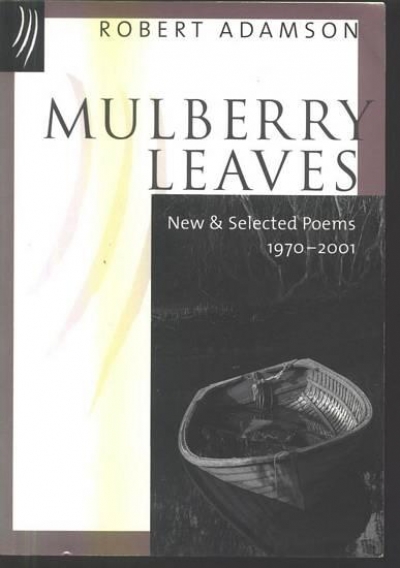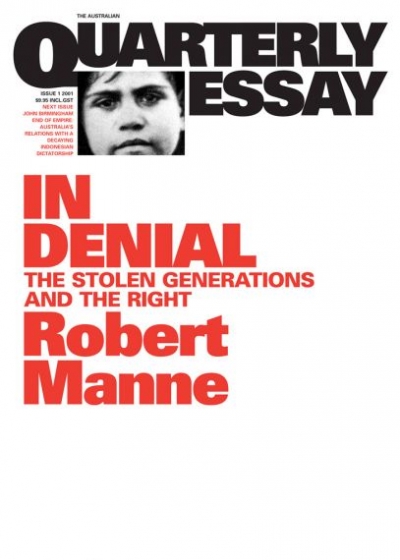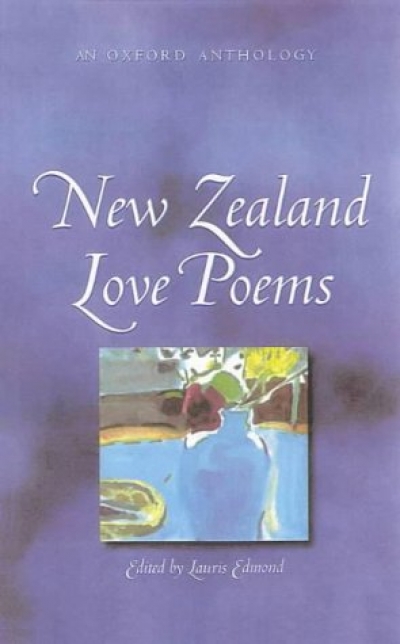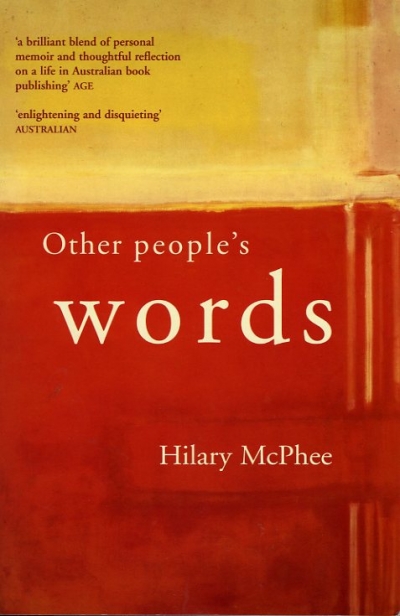Archive
Authority and Influence: Australian literary criticism, 1950–2000 edited by Delys Bird, Robert Dixon and Christopher Lee
Mulberry Leaves: New and selected poems, 1970–2001 by Robert Adamson
Now is the season of shortlisted content! In recent weeks, so many awards have been decided – or at least shortlisted – that ABR would need a supplement to list them all. Awards, everyone knows, have their limitations and anomalies, but few people would object to the highlighting of writers’ latest works or the supplementing of their often modest incomes. One first novel that has attracted notice is Arabella Edge’s The Company, based on the Wreck of the Batavia. The author is currently in Africa, picking up the Commonwealth Writers’ Prize for the best first novel in South-East Asia and the South Pacific region. The Company has also been shortlisted for the Miles Franklin Award (of which I am a judge). On her return, Ms Edge will visit Melbourne to take part in a discussion about the notorious shipwreck and the new Australian opera Batavia. Jointly sponsored by ABR, Opera Australia, and Reader’s Feast, this will take place at the Reader’s Feast Bookstore in Melbourne (see page seven for details). At this public forum, I shall also be introducing Peter Goldsworthy and Richard Mills. It is one of several literary events that ABR is planning with major organisations and institutions.
... (read more)The composer Richard Mills and the poet and novelist Peter Goldsworthy have renewed their collaboration to produce an opera based on the Wreck of the Batavia (Previously, the pair adapted Ray Lawler’s Summer of the Seventeenth Doll for the opera stage.) The new work will be premiered at the Melbourne State Theatre on May 11, in an Opera Australia production. It depicts the notorious events that followed the famous shipwreck off the coast of Western Australia in 1629.
... (read more)






